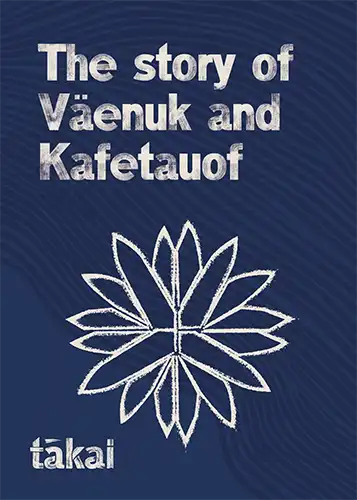
The story of Vӓenuk and Kafetauof (Rotuma)
Traditional stories play an important role in many cultures around the world. They are often used to teach valuable lessons to tamariki. This story from Rotuma tells us how the village of Roupure got its name and teaches us the importance of whānau.
The story of Vӓenuk and Kafetauof comes from Rotuma and tells the tale of 2 brothers who overcome their differences because they love each other. They see this as more important than ‘winning’ an argument or being ‘right’.
Understanding different cultures
Learning about other languages and cultures can help tamariki gain a better understanding of the world around them. The more we understand about other cultures, the more accepting we are. This leads to our tamariki being more accepting, having more friends, and learning more about themselves and others. Ultimately creating a more cohesive, supportive community, where everyone can feel welcomed and valued.
Sharing the story
When sharing this story you might like to encourage whānau to:
- Support their tamariki to learn and build their vocabulary by using descriptive commentary, commenting on the pictures in the storybook. “The brothers would need to be really strong to paddle their waka so fast.”
- Talk about how this story reminds you of your own whānau. For example, “These brothers remind me of my brothers and when they would play football…”
- Talk with tamariki about what it’s like when we’re competitive. Reflect on a time when you or they have been competitive and what that felt like.
- Talk about when it makes sense to be competitive. For example on a sports field.
- Talk about what it means to be competitive, this is sometimes a feeling of wanting to be better than someone else, or win or when we feel jealous. It helps if we can notice these feelings and make an active choice to manage them positively.
It’s great to recognise the skills that others have and pay compliments, even if we feel jealous. It’s good too to notice that it takes work and practice to achieve the same standard as someone else. For example, if they’re jealous of how good a friend is at throwing a ball. Come up with ways to spend time practising too.
 pdf 9.1 MB
pdf 9.1 MB










